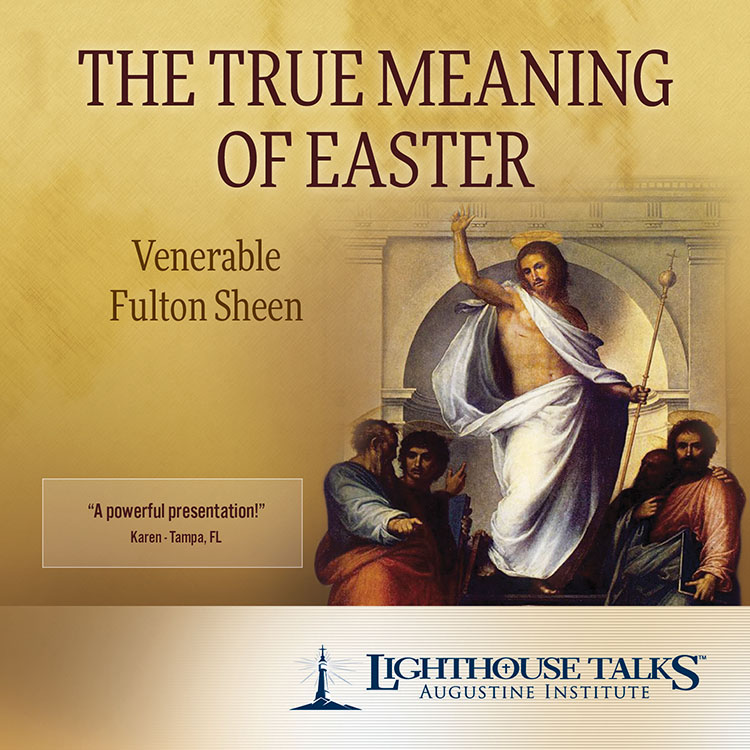Catholic Doctrine all makes sense. It just makes sense.
Consider the Teaching that Christ is our surety with regards to the Doctrine of Atonement.
Protestants claim that Christ is our surety because He was punished in our place by God the Father. They say that our sins, including the guilt for our sins, were imputed to Christ and that God the Father punished Jesus Christ by pouring out His wrath upon Him. Some even claim that Jesus Christ descended into hell to receive the punishments of hell.
But that twists the meaning of the word, "surety" and makes nonsense of it. A surety is not one that gets punished in someone's place. Let's look at the meaning of surety:
Google dictionary:
sur·e·ty
ˈSHo͝oritē/Submit
noun
1.
a person who takes responsibility for another's performance of an undertaking, for example their appearing in court or the payment of a debt.
Merriam Webster online dictionary
sure·ty noun \ˈshu̇r(-ə)-tē\
law : money that you give as a guarantee that you will do what you are legally required to do (such as to appear in court)
law : someone who agrees to be legally responsible if another person fails to pay a debt or to perform a duty
: the state of being or feeling sure or certain
 I've been a surety for others and others have been a surety for me. And here is how it works.
I've been a surety for others and others have been a surety for me. And here is how it works.
A surety is more commonly referred to as a "co-signer". This person become responsible for the repayment of a loan should the principle debtor fail to pay. Should that happen, the surety or co-signer will become the responsible party and is expected to pay the debt. If he does so, then the principle debtor is set free from both the debt and any punishment for defaulting on the loan.
If the surety can't pay, then both parties are punished. Not just eh debtor.
Now, ask yourself, did Jesus default on our loan? Or did He pay our debt?
If you believe that Jesus was punished in our place, then you believe that Jesus did not have the wherewithal to pay our debt of sin and therefore had to be punished along with us.
But, if you believe that Jesus sacrificed Himself to pay for our sins, and thus paid in full the debt which only He could satisfy, then you understand the Catholic Doctrine correctly.
Yes, Catholic Doctrine all makes sense.
Sincerely,
De Maria
Consider the Teaching that Christ is our surety with regards to the Doctrine of Atonement.
Protestants claim that Christ is our surety because He was punished in our place by God the Father. They say that our sins, including the guilt for our sins, were imputed to Christ and that God the Father punished Jesus Christ by pouring out His wrath upon Him. Some even claim that Jesus Christ descended into hell to receive the punishments of hell.
But that twists the meaning of the word, "surety" and makes nonsense of it. A surety is not one that gets punished in someone's place. Let's look at the meaning of surety:
Google dictionary:
sur·e·ty
ˈSHo͝oritē/Submit
noun
1.
a person who takes responsibility for another's performance of an undertaking, for example their appearing in court or the payment of a debt.
Merriam Webster online dictionary
sure·ty noun \ˈshu̇r(-ə)-tē\
law : money that you give as a guarantee that you will do what you are legally required to do (such as to appear in court)
law : someone who agrees to be legally responsible if another person fails to pay a debt or to perform a duty
: the state of being or feeling sure or certain
 I've been a surety for others and others have been a surety for me. And here is how it works.
I've been a surety for others and others have been a surety for me. And here is how it works.A surety is more commonly referred to as a "co-signer". This person become responsible for the repayment of a loan should the principle debtor fail to pay. Should that happen, the surety or co-signer will become the responsible party and is expected to pay the debt. If he does so, then the principle debtor is set free from both the debt and any punishment for defaulting on the loan.
If the surety can't pay, then both parties are punished. Not just eh debtor.
Now, ask yourself, did Jesus default on our loan? Or did He pay our debt?
If you believe that Jesus was punished in our place, then you believe that Jesus did not have the wherewithal to pay our debt of sin and therefore had to be punished along with us.
But, if you believe that Jesus sacrificed Himself to pay for our sins, and thus paid in full the debt which only He could satisfy, then you understand the Catholic Doctrine correctly.
Yes, Catholic Doctrine all makes sense.
Sincerely,
De Maria

No comments:
Post a Comment
Thanks for contributing.